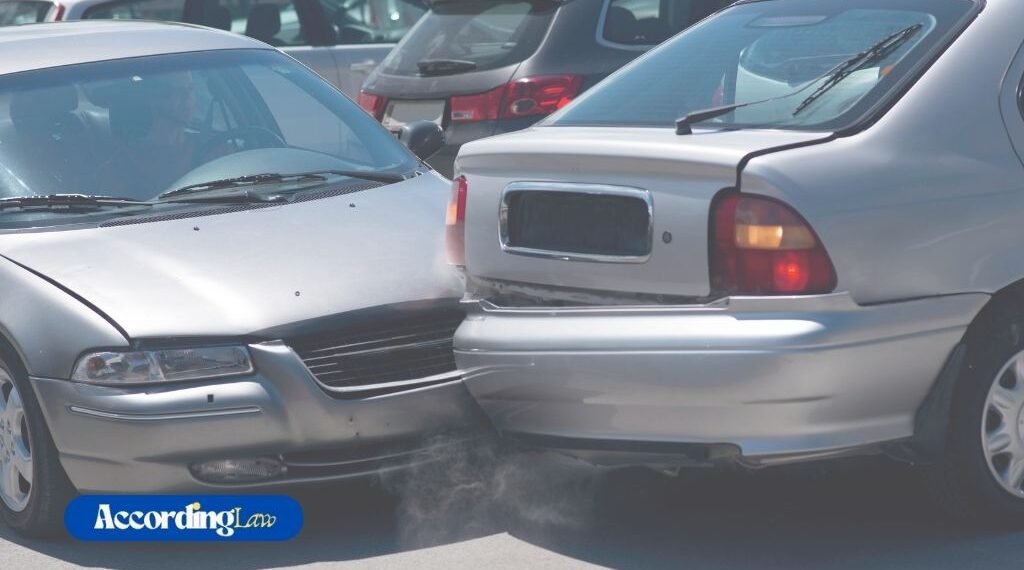Your actions following an accident have a huge bearing on the outcomes of your claim. Unfortunately, most personal injury victims do not have experience handling cases in the past and so they are not aware of the dos and don’ts of pursuing a claim, which in some cases comes at a huge cost.
A great source of information when handling a personal injury claim comes from talking to a personal injury lawyer. Still, it is also important to understand the basics. This guide highlights some common mistakes claimants make and what you can do to avoid them.
Table of Contents
Not Seeking Medical Attention
It is impossible to recover damages in a car accident if you cannot show evidence of suffering compensable harm, which injuries are a huge part of. The only way to prove injuries is by providing medical documentation for treatment received.
The sooner you get medical help, the easier it will be to link an accident to your injuries. So, even when you may not have signs of an injury, call 911. If you do not receive medical help at the scene, visit the ER within 72 hours of an accident to avoid the chances of creating treatment gaps.
Not Filing a Police Report
In most cases, the police respond to a 911 call to investigate an accident. Under such circumstances, you may not need to file another report. You must notify them and file a report if they do not show up.
The window for reporting depends on the circumstances of the accident. You must file a report immediately if it results in death, injuries, and damage worth $2000 and above. You have up to 10 days to file a report for relatively minor accidents.
The accident report acts as the official record of the accident, so the best rule of thumb is to report it as soon as possible to create a clear link between it and your injuries.
Admitting Fault and Not Notifying Your Insurer
Most insurance policies have a clause that requires policyholders not to admit fault in an accident. Even when you feel that your mistake may have caused the accident, avoid the temptation of admitting fault, as it can affect all chances of compensation. Leave the job of determining fault to insurers and lawyers.
Alaska is an at-fault state where the at-fault insurer compensates the victim for injuries. Still, most insurers require that you notify them if you are in an accident, even when you may not be at-fault. To be safe, notify your insurer if you get into an accident.
Not Hiring a Lawyer
“You can pursue a personal injury claim and recover compensation without involving a lawyer. However, there is a high chance that the settlement you recover under such circumstances will be much lower than your claim’s worth,” says Alaska car accident lawyer Daniel Libbey of the Libbey Law Offices.
According to industry data, your chances of fair compensation increase up to five times when you involve a lawyer. This means even when the lawyer could take 30 to 40 percent of your settlement amount, you still have much more to spare than you would if you did not have a lawyer.
Insurance companies love it when victims are unrepresented because they get the upper hand. In some cases, they will discourage you from hiring a lawyer with the promise of cooperation, but it is usually a trick because their main interest is their profits, so do not fall for it.


